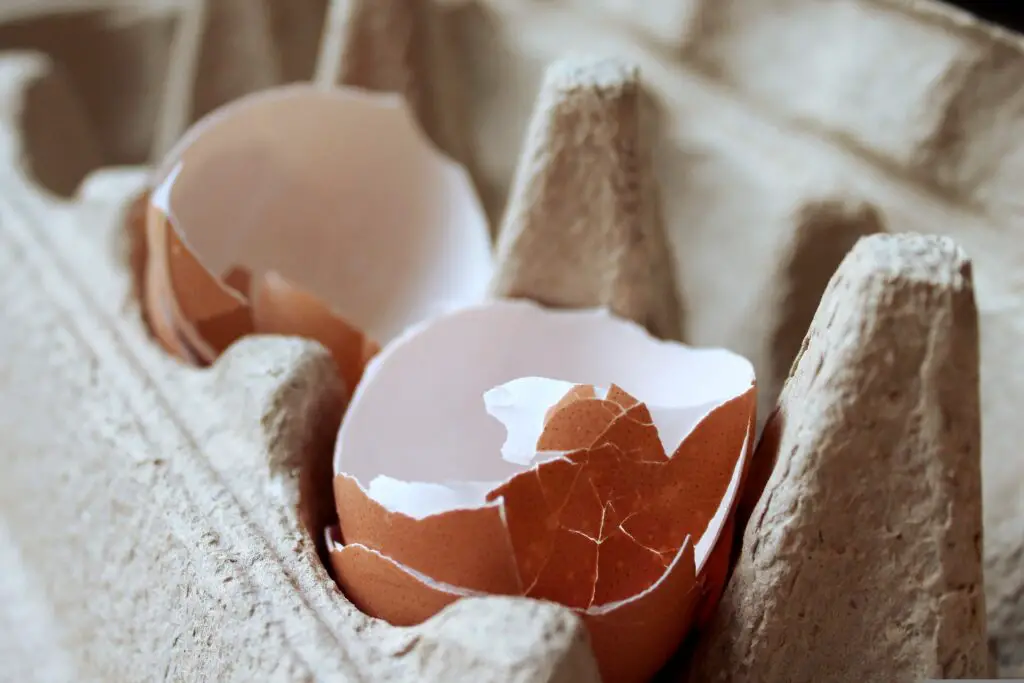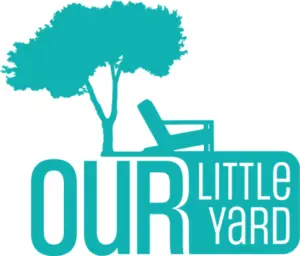Now that all our kids are eating table foods, our breakfast spread has grown, and we are buying and eating more eggs than ever. This means that our compost heap is full of eggshells. Anecdotally, I’ve always heard that eggshells are good nutrients for plants, and we have used them in our compost for years. Yet I’ve noticed that when I empty our compost tumbler, there are often fully intact eggshells remaining in the mixture. They appear to require a long time to decompose. Could it be that our abundance of eggshells are not suitable for our compost?
Are Eggshells Suitable for Compost?
The short answer is that eggshells are suitable for composting. They are rich in calcium, and also contain smaller amounts of carbon, nitrogen, and phosphorus, making them beneficial to your garden’s soil.

Calcium is a critical nutrient for plant growth and development and must be present in your soil for plants to thrive. It is necessary at the cellular level, as it is required for plants to build cell walls and membranes. Without sufficient amounts of this building material, plant growth may become stunted, and some plants may develop blossom end rot (more on that to come).
The longer answer to the question of whether or not eggshells are beneficial for compost has to do with decomposition time. Eggshells take a very long time to decompose. This disqualifies them from being an ideal choice to provide your compost with nutrients in the short-term. Like so many aspects of home gardening, they require patience.
How Long Does it Take for Eggshells to Break Down in compost?
I had a difficult time determining exactly how many years it takes for eggshells to decompose, though it seems clear that it is multiple years. I have no trouble believing this, as I have transplanted plants and found hunks of eggshells still intact beneath the top layer of soil. The exception to this general rule is that eggshells crushed very finely can break down much faster in highly acidic soil.
How Do I Prepare Eggshells for Compost?
It’s not a bad idea to wash eggshells before composting them to prevent strong odors that might attract rodents or other animals. Washing off egg residue will also reduce the risk of salmonella contamination in your compost. Crushing them up before you add them to your compost will help them break down a little faster and settle and infiltrate more effectively into the pile. The finer the mixture, the faster the decomposition time. I have never taken the time to grind them in a food processor, though I know successful gardeners who do. I just use my palm. Because of this, I have also lowered my expectations for seeing immediate or short-term results from using the eggshells in my compost pile.
Can You Add Eggshells Directly to Soil?
Eggshells can be added directly to the soil. It will not harm the soil in any way. However, it takes a long time for them to decompose, so this will likely not offer your plants any immediate or short-term benefits. Some home gardeners line their raised beds or planting containers with crushed eggshells in order to add calcium to the soil as they decompose. This may work well for plants that are particularly susceptible to blossom end rot (such as tomatoes and peppers), which can happen when there is not enough calcium in the soil. Blossom end rot is evident when dark spots appear on the end of the fruit, and is a common blight on tomato plants.
Are There Other Benefits of Using Eggshells in Compost?
Using eggshells in your compost may have benefits other than soil nutrition. Many gardeners believe that crushed eggshells can be a mild deterrent for pests like slugs and snails. The logic behind this theory has nothing to do with the composition or smell of the eggshells deterring slugs and snails. The theory is that the sharp pieces of shell create a scratchy surface that cuts the pests and discourages them from crawling on it. I have never found this to be effective, and I even found evidence on the internet that this is a myth. In any case, there are more effective ways to deter slugs and snails than eggshells.
I know of no other soil benefits from eggshells besides a slow release of calcium.
Are There Other Sources of Calcium for Compost?
Depending on the type and quantity of plants in your soil, calcium can deplete over time. There are several types of commercially available calcium enriched fertilizers. Calcium is also a key ingredient in many specialized tomato fertilizer products.
You can also enrich your soil with a crushed limestone product, typically advertised in most home and garden stores as simply “garden lime”. This is an easy way to add calcium to the soil. While adding lime to the soil can be helpful for calcium deficiency, this product is not a complete substitute for fertilizer, as it does contain as many key soil nutrients. While this method is faster than using eggshells, it can still take months for the calcium to absorb into the soil. To get the best results, be sure to add it to the soil well before you plant.
Other sources of calcium for soil are bone meal, clam, or oyster shells. Although the idea is a bit gross, there is no need to grind your own bones or shells because these products are also commonly available at most home and garden stores. In addition to calcium, these ground fertilizers also contain phosphorus. Just like eggshells and lime, these substances break down slowly to enrich your soil in the longer term.
What Do You Have to Lose By Experimenting With Adding Eggshells to Compost?
Nothing! You may not see convincing results, and any results you do see will require patience. However, if you’re already buying and eating eggs, there is really no reason not to give it a try.
